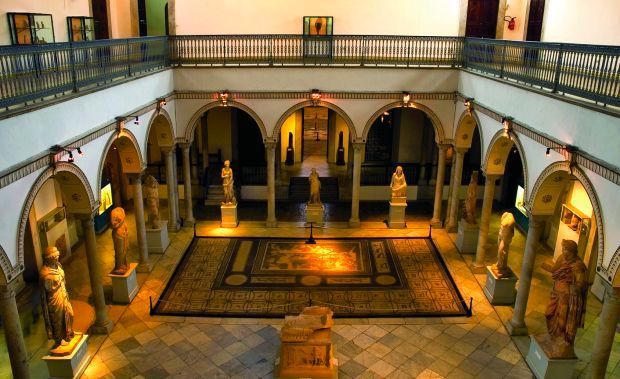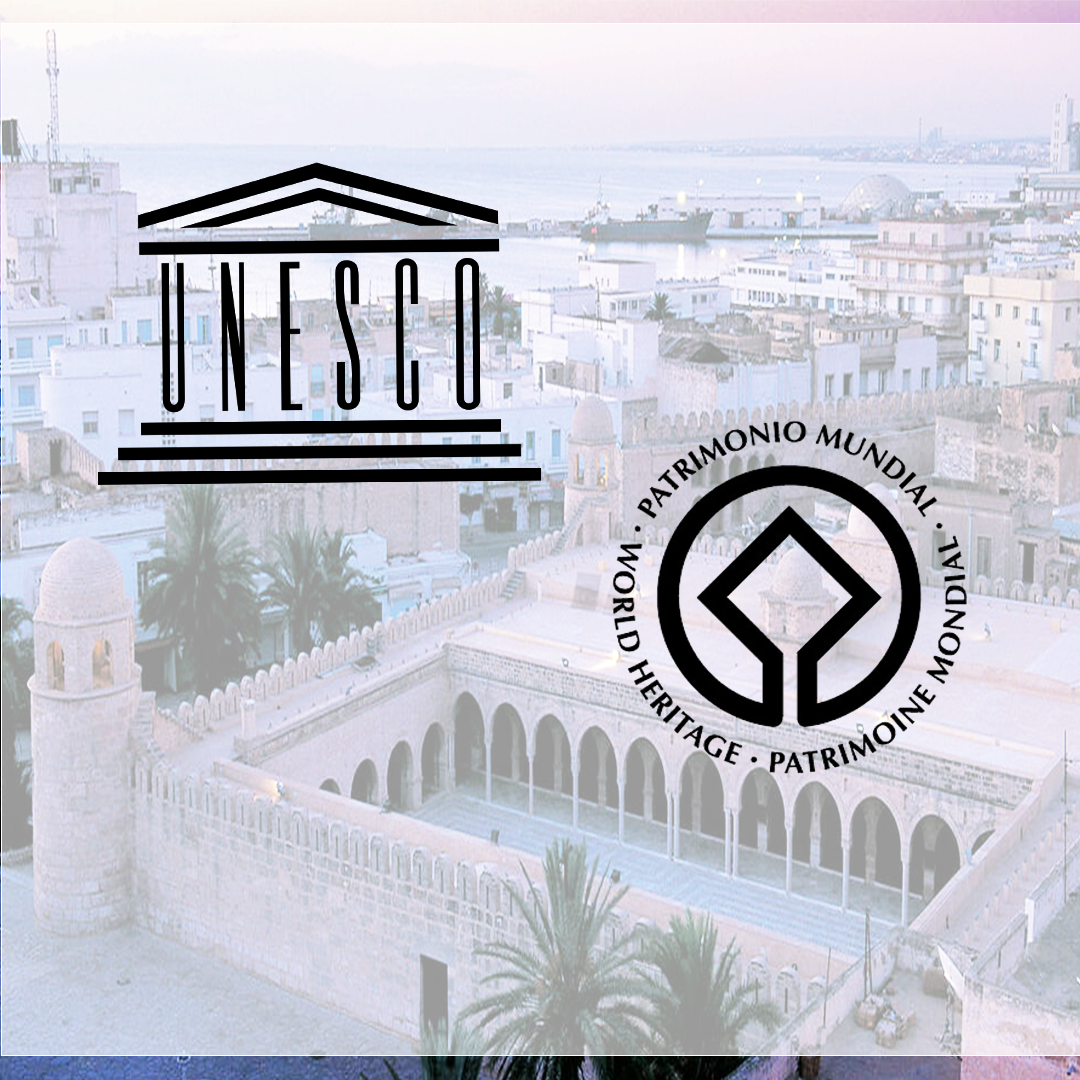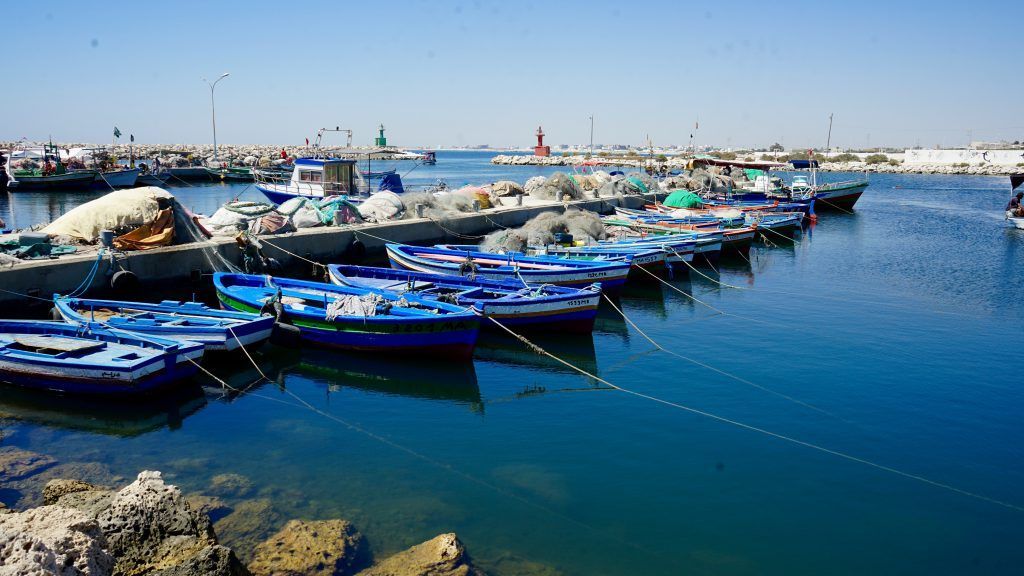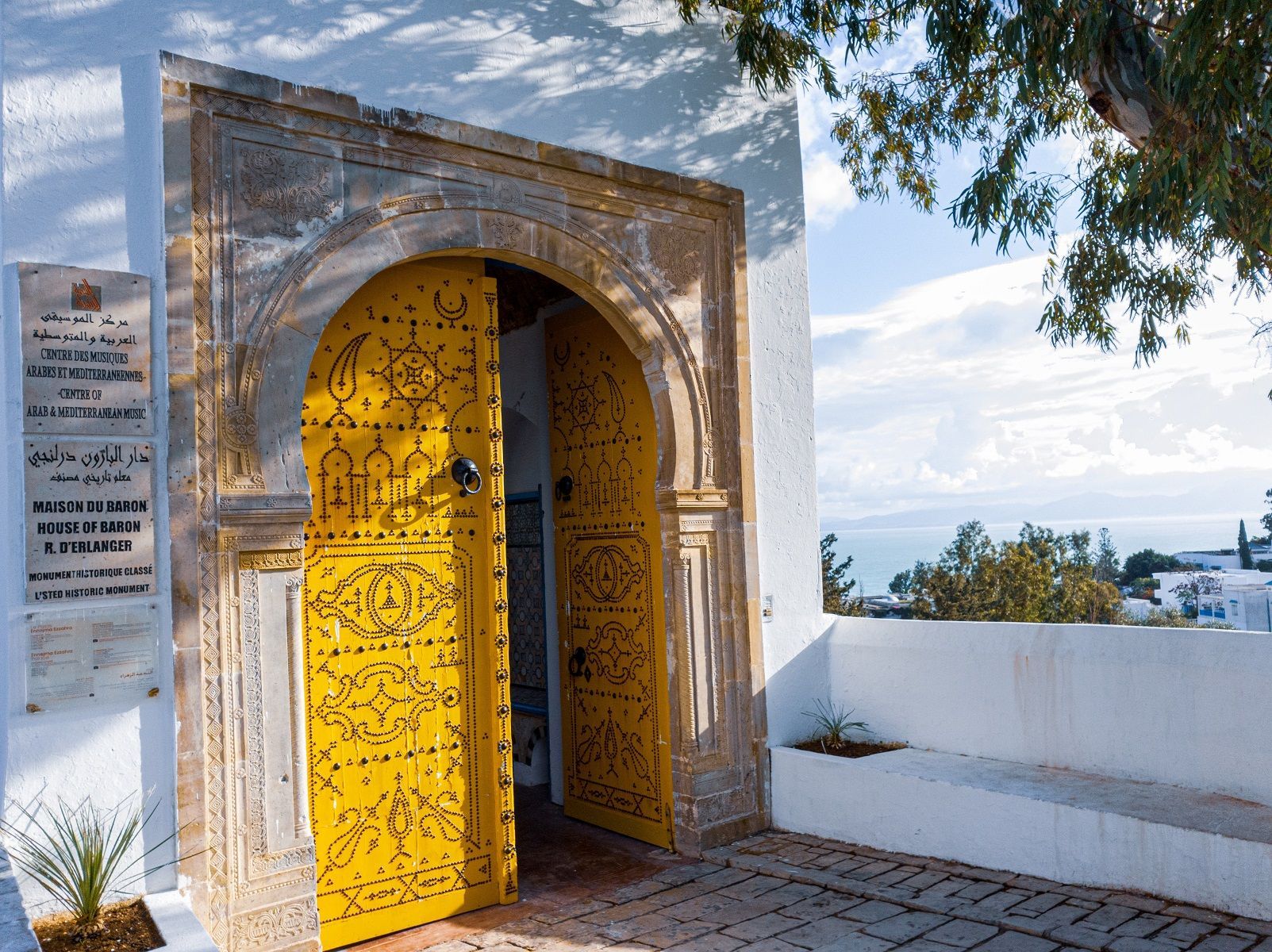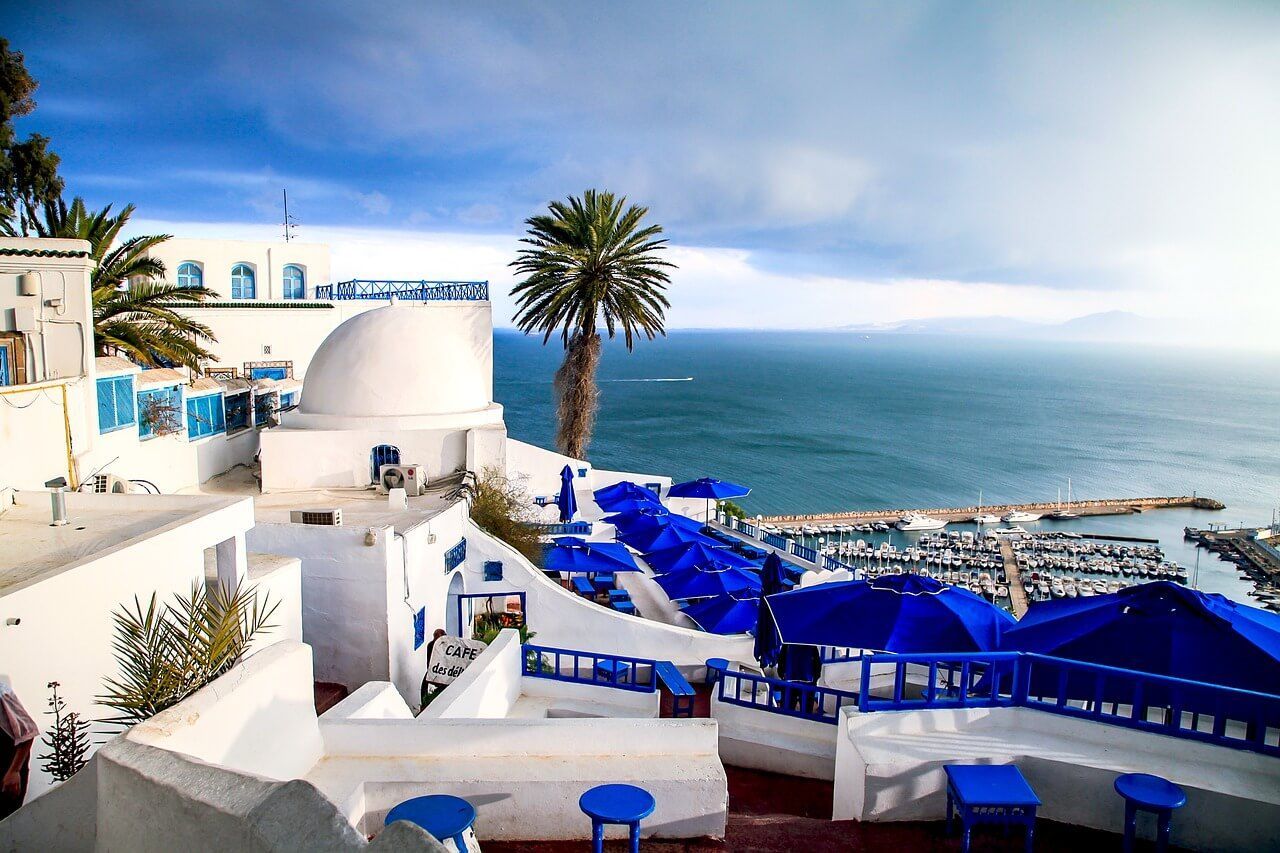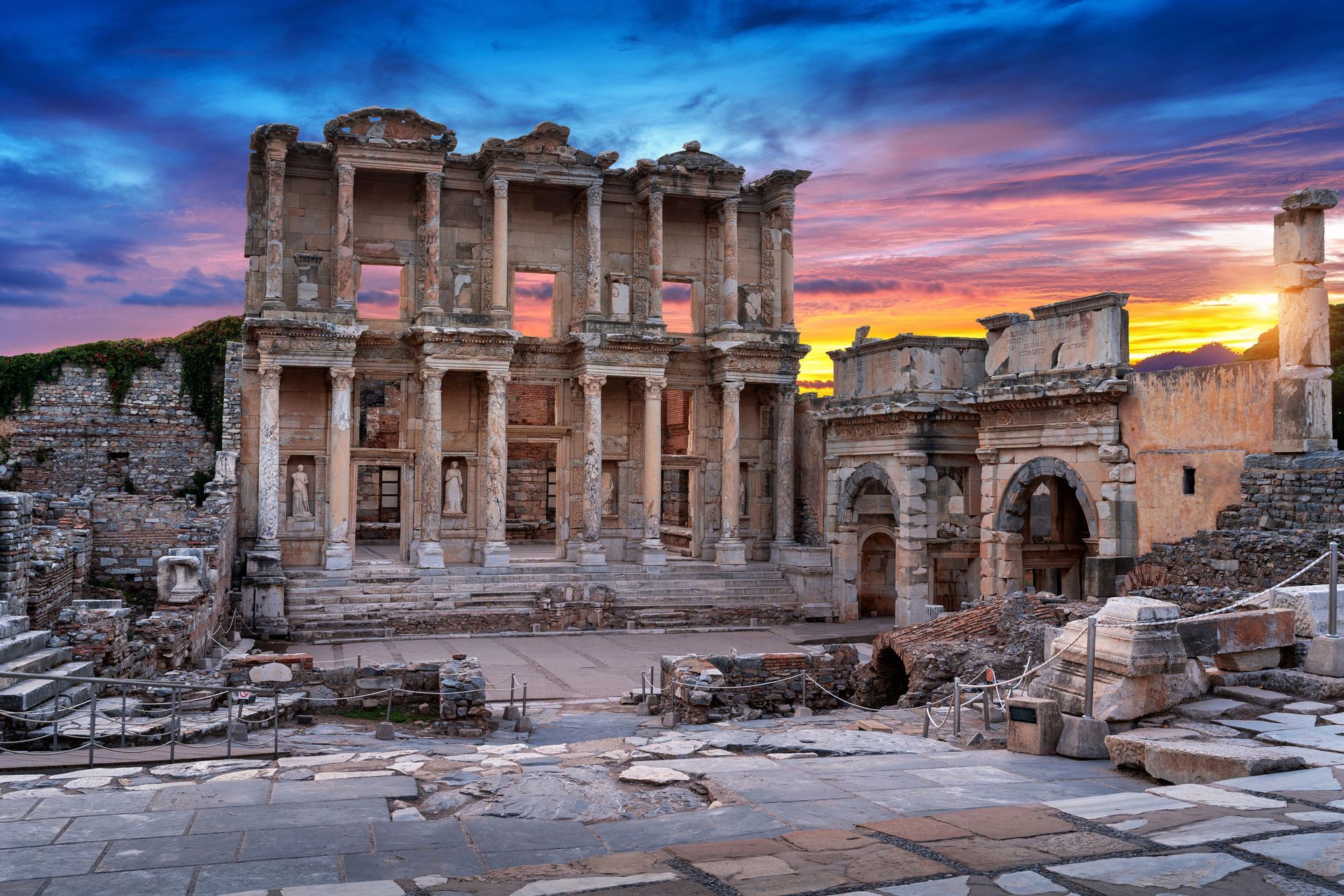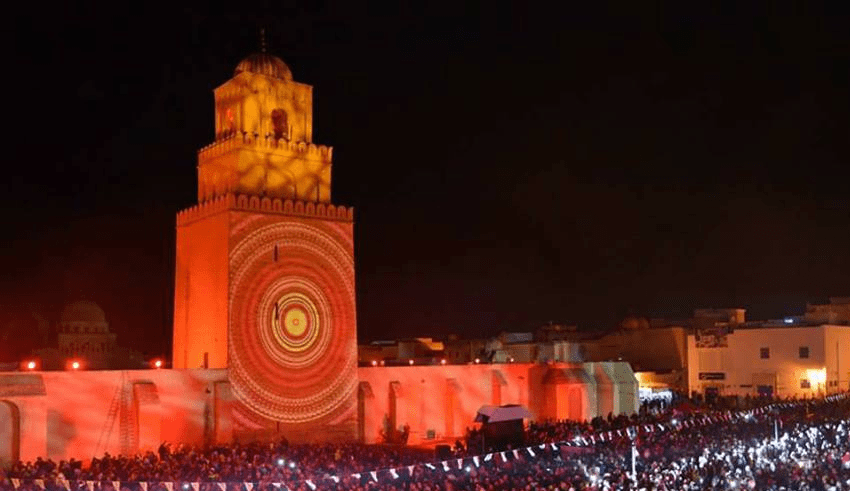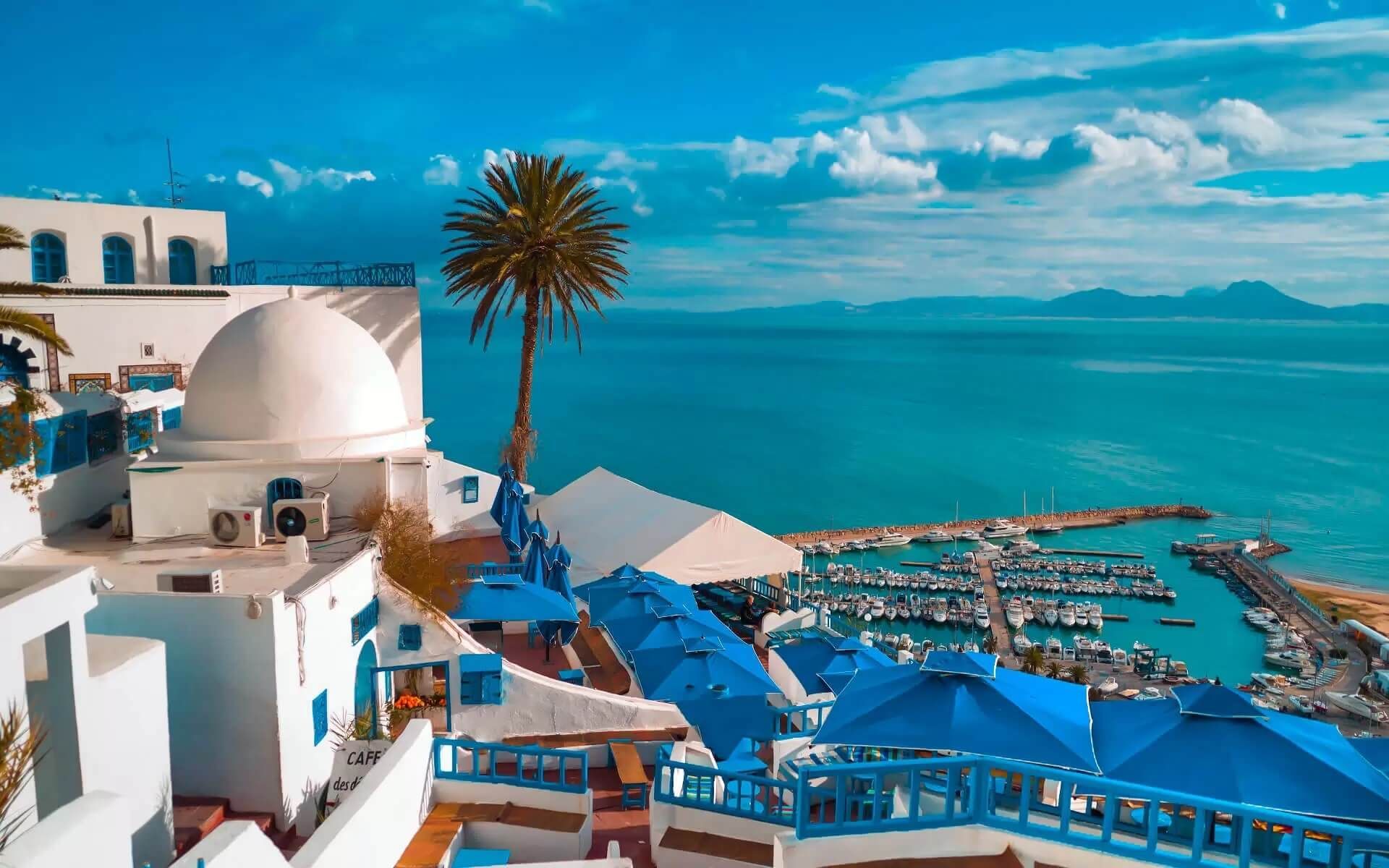Tunisia: A Blend of Mediterranean Cultures
Over the centuries, the fertile lands of Tunisia have been a sought-after prize for various Mediterranean cultures, each leaving its unique imprint on the nation's rich history. As a result, Tunisia stands today as a captivating blend of Mediterranean cultures, its identity shaped by the Punic, Roman, Arab, Ottoman, and French influences.
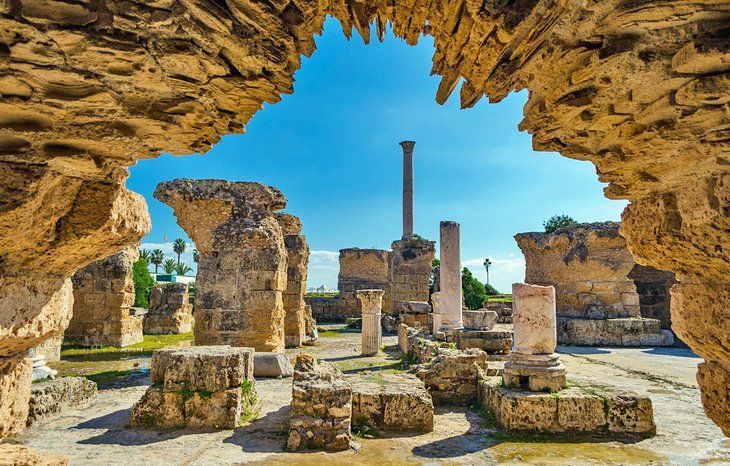
Punic Influence: The Foundation of Ancient Carthage
The Phoenicians, seafaring people from the eastern Mediterranean, first settled in Tunisia around 1100 BC, establishing the city of Carthage. Over the centuries, Carthage blossomed into a thriving hub of trade and culture, leaving behind a strong Punic influence in modern Tunisia. Today, the ruins of ancient Carthage serve as a testament to this once-powerful civilization.
Roman Domination: An Era of Monumental Structures
Following the destructive Punic Wars, Roman control over Tunisia marked an era of architectural grandeur. Numerous amphitheaters, aqueducts, and temples like the spectacular Amphitheatre of El Jem, second in size only to the Colosseum, stand today as magnificent remnants of this epoch.
Arab Conquest: The Dawn of Islamic Tunisia
The 7th-century Arab conquest of Tunisia marked the advent of Islam and Arabic culture in the region. This epoch saw the establishment of Kairouan, one of the holiest cities in Islam, and the rise of the architectural style distinct to Islamic culture, as seen in the Great Mosque of Kairouan.
Ottoman Rule: A Blend of Eastern Traditions
The Ottoman Empire's influence from the 16th to the late 19th century added a new layer of cultural diversity to Tunisia. The Turkish architectural elements, military traditions, and certain aspects of administrative systems have found their place in Tunisia's rich cultural tapestry.
French Colonization: The European Influence
From 1881 until achieving independence in 1956, Tunisia was under French rule, which brought about significant Western influence. This can be seen in the modern architecture of Tunis, the French-inspired cuisine, and the prevalence of the French language, which is widely spoken alongside Arabic.
A Meeting Point of Civilizations
Today, Tunisia stands as a proud witness of these diverse Mediterranean cultures. Its eclectic architecture, languages, cuisine, and traditions reflect the myriad influences that have shaped the nation. For visitors, Tunisia offers a unique opportunity to explore this blend of cultures in one place, where ancient ruins stand tall amidst modern cities, and where the past and the present intertwine seamlessly.
In conclusion, Tunisia is more than just a North African country on the Mediterranean coast. It's a living museum, a melting pot of cultures that narrates the tales of civilizations that have thrived and fallen on its soil, offering a fascinating exploration of history and culture for every traveler.
